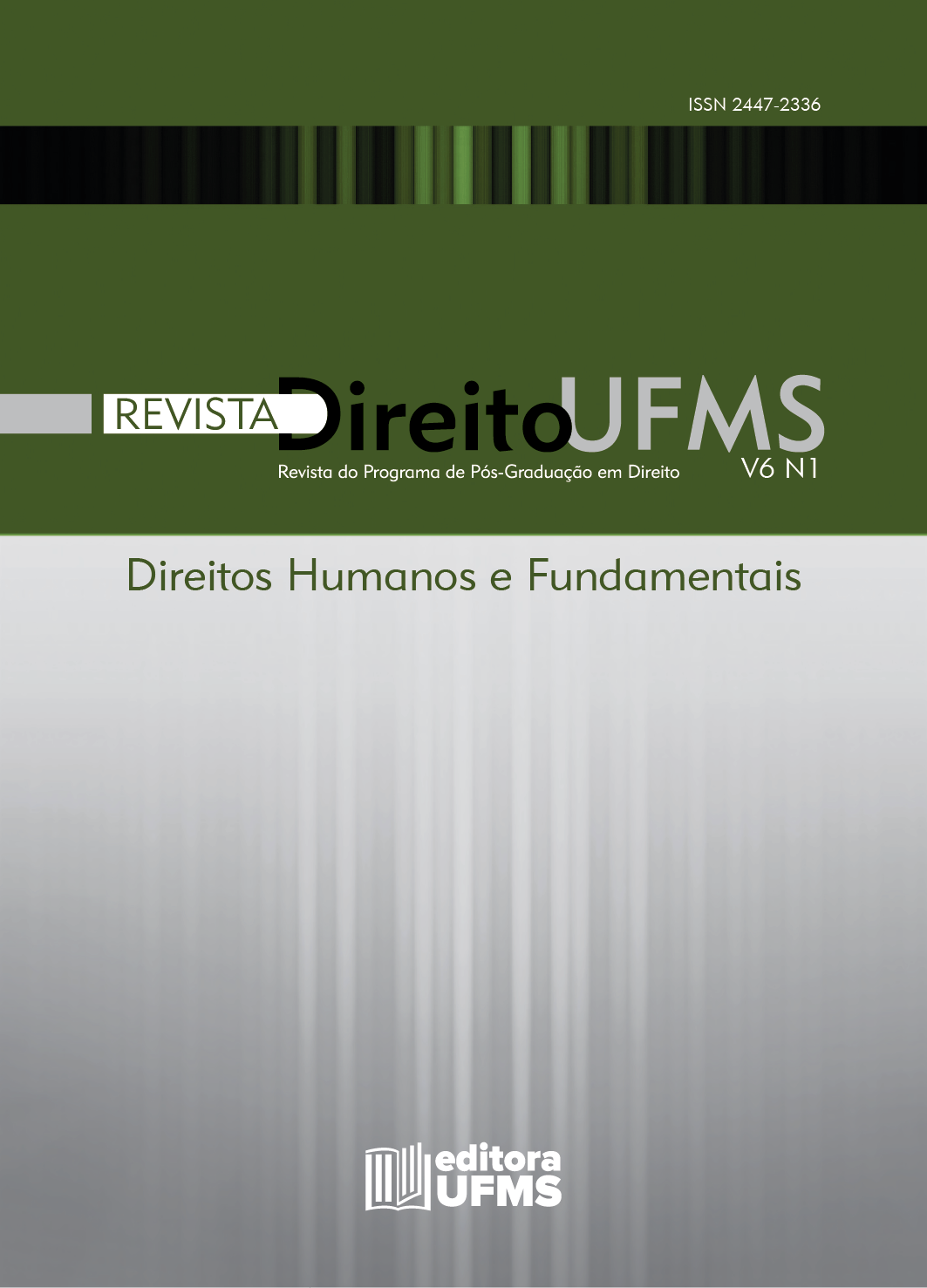POLICIES FOR THE ERADICATION OF DOMESTIC CHILD LABOR IN BRAZIL
Abstract
This article discusses the guidelines for public policies to tackle domestic child labor in Brazil and seeks information on what measures should be adopted for the Child Labor Eradication Program, which can obtain assistance and eradicate domestic child labor in Brazil. The general objective of this article is to guide strategic guidelines as strategies of the Child Labor Eradication Program to prevent and eradicate domestic child labor in Brazil, and its defined objectives are to contextualize domestic child labor in Brazil, to systematize the protection legislation against exploitation domestic child labor and to propose rules for the prevention and eradication of child child labor, taking into account PETI's strategic actions and policy improvement indicators. It is still necessary to improve the performance of strategic actions for the Child Labor Eradication Program, which can achieve its objectives and purposes around the damage and eradication of domestic child labor, mainly in the identification axis of the use of cutting-edge professionals in the health network. services, such as community health agents, professionals from CRAS and the education network.
I (we), below signed, transfer all the Copyright rights of the article entitled (title) to the UFMS LAW REVIEW – UFMSLR.
I (we) declare that the paper is original and that it is not being considered for the publication in another journal, be it in electronic or printed format.
I (we) have complete knowledge the journal reserves the right to effectuate alterations of normative, orthographic and grammatical order in the originals, with the objective to maintain the cult pattern of the language, respecting, however, the authors’ style and that the originals will not be returned to the authors.
















